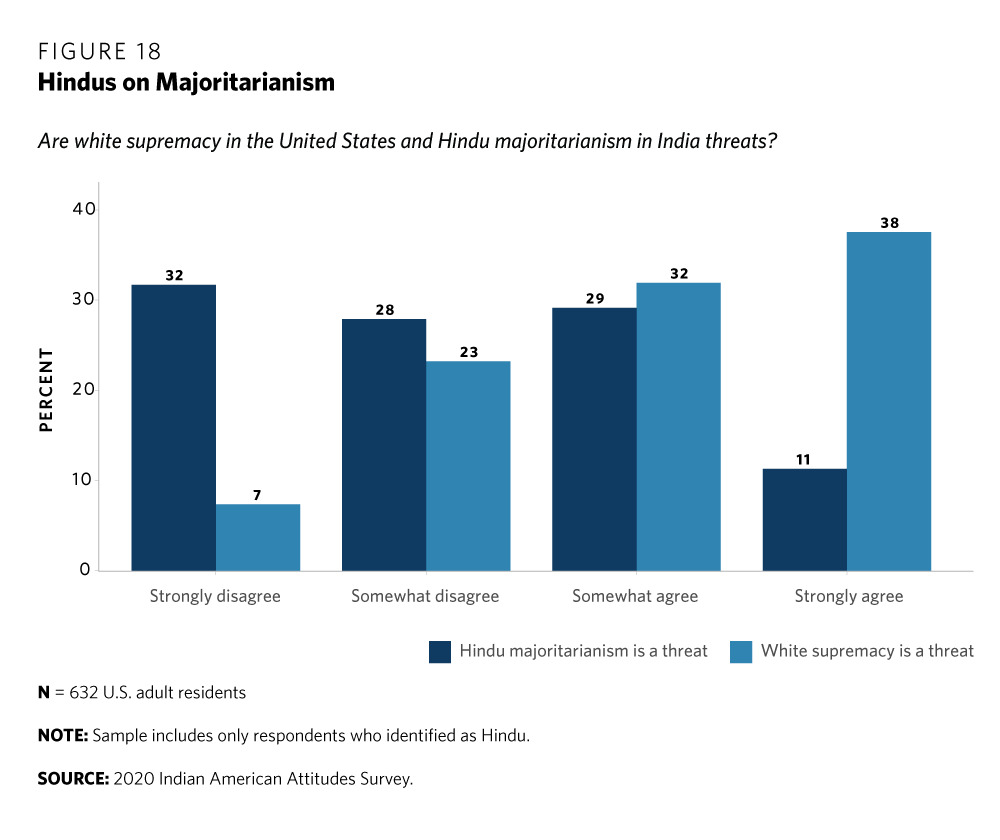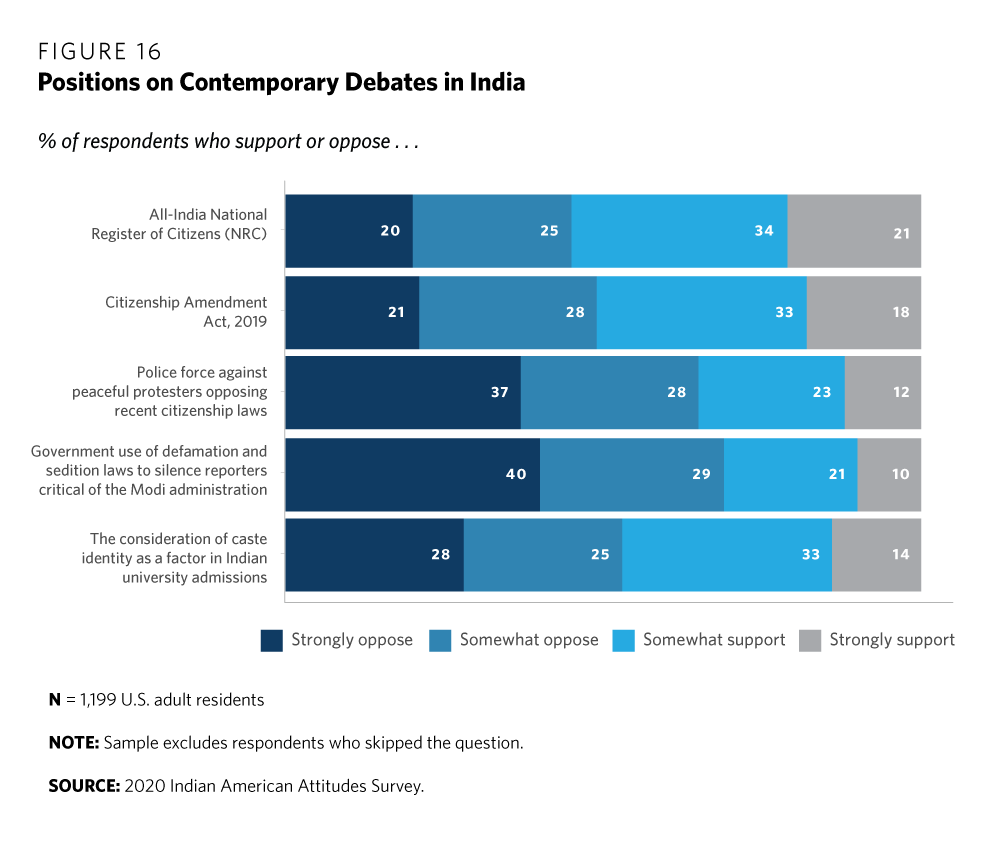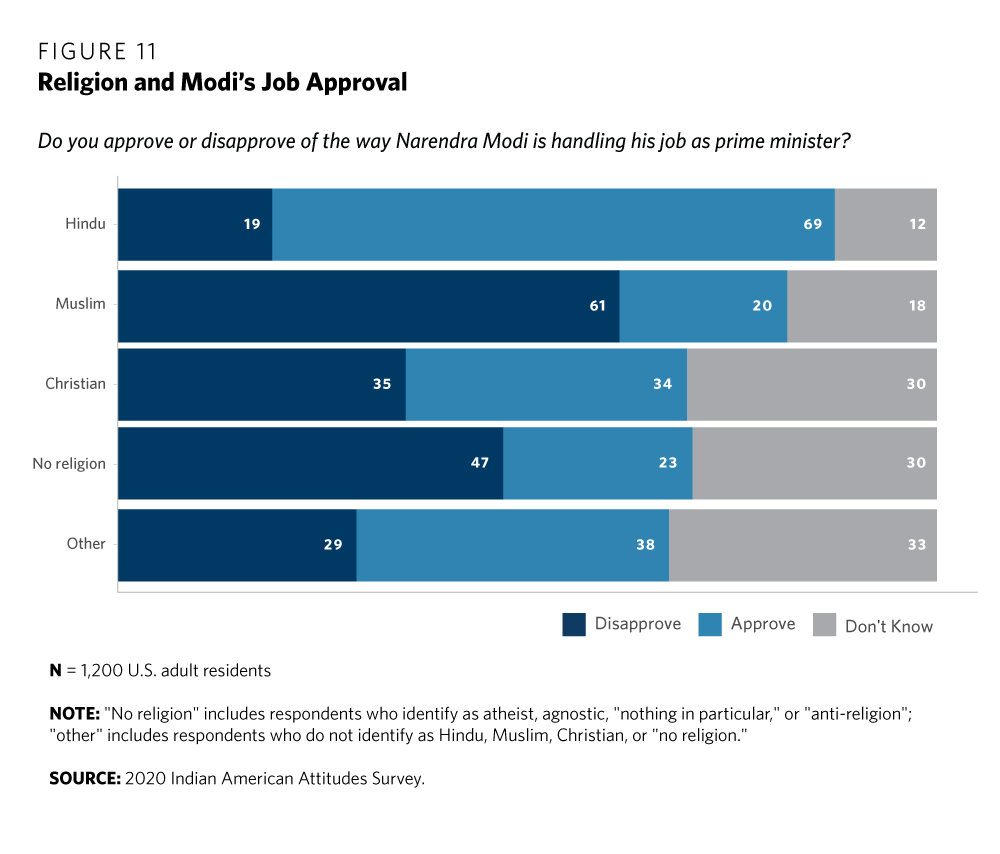An online survey has exposed what may be seen as the ‘hypocrisy’ of Indian-Americans as they hold different opinions on the treatment of minorities in India and the US.
While the majority identify ‘white supremacy’ as a big concern in the US, not many view Hindu majoritarianism in India the same way.
China’s PLA Conducts Helicopter Drill Not Too Far From India Border Amid Fresh Military Build-Up
According to the survey conducted by the Carnegie Endowment for International Peace in Johns Hopkins University, and the University of Pennsylvania, covering 1200 Indian Americans, 73% saw white supremacy in the US as a threat to minorities while only 40% of the Hindus were apprehensive of Hindu majoritarianism.
The report of the study, conducted in September 2020, is the second in a series of empirical reports on the Indian American community. The first report released in September 2020 explored the political attitudes and preferences of Indian Americans heading into the November 2020 US presidential election. The second report was released on February 9 and the third and final one will explore the social realities of Indians in America.

Indian Americans, according to the report, “believe that white supremacy is a greater threat to minorities in the United States, a country where they are a minority than Hindu majoritarianism is to minorities in India, a country where Hindus (the most common faith of Indian Americans) are in the majority”.
Among them, only 40 percent of Hindus agree that Hindu majoritarianism is a threat to minorities, compared to 67 percent of non-Hindus.
Further, more than half of the Indian-Americans who participated in the survey supported the plans for a nation-wide National Register of Citizens and the Citizenship (Amendment) Act. In 2019, India had witnessed widespread protests after Parliament passed the controversial legislation, CAA.
The CAA has been regarded as discriminatory in nature as it provides citizenship to ‘persecuted minorities’ from neighboring nations barring the Muslims.
As for the NRC, the Modi government has already clarified there is no such plan to roll out a pan-India citizens’ register at present. Only Assam had on August 31, 2019, completed the process to update the NRC, first published in 1951, specifically for the northeastern state.
While the Supreme Court-monitored exercise was aimed at weeding out suspected illegal immigrants in Assam, irrespective of their religion, a section of activists, academics, and media viewed this as an anti-Muslim move.

The survey shows that the Indian Americans have termed religious majoritarianism as the third major challenge that the country is facing, after government corruption and economy.
Despite the criticism of the Modi government’s policies, 49 percent of Indian Americans favorably rate Modi’s performance (35 percent strongly approve and 13 percent approve).
When it comes to religious polarization, 69% of Hindus feel there is no such problem in India and approve of Modi’s performance, while 61% of Muslims do not believe so, the survey says. About 23 percent of respondents without a religious affiliation and 38 percent from other faiths approve of Modi’s performance, respectively.

Currently, Indians are the second-largest immigrant group in the US with 4.2 million people of Indian origin residing in the country. Among them, only 2.6 million are US citizens (1.4 million are naturalized citizens and 1.2 million were born in the United States).
Follow EurAsian Times on Google




